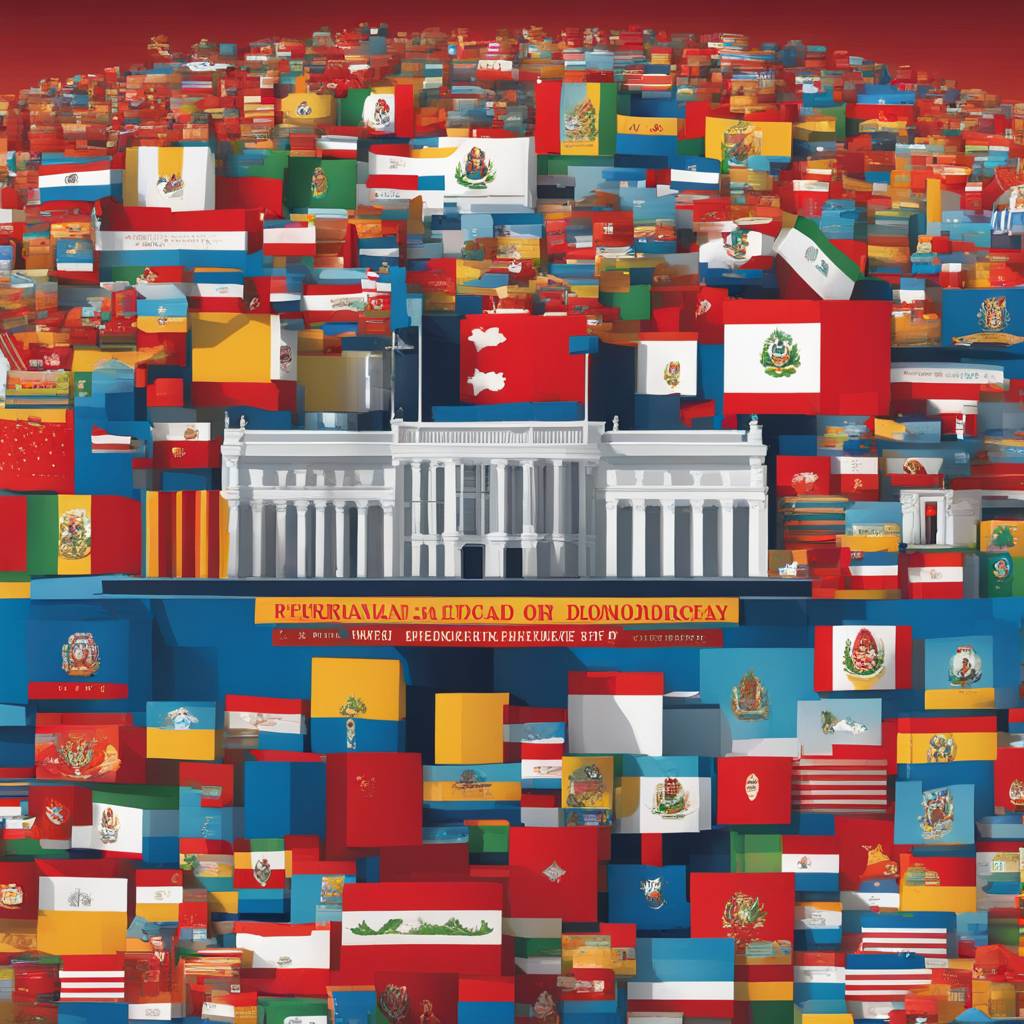Peruvian democracy has seen a decline since the removal of former President Pedro Castillo, as noted in a recent report by Freedom House. This decline is attributed to a government crackdown on protesters, interference with judicial independence, and eroding safeguards against corruption. Peru’s rating dropped from “free” in 2022 to “partly free” in 2023 and 2024, with a significant decrease in democratic protections for freedom of assembly and an increase in congressional control over institutions.
After Castillo was impeached and arrested in December 2022, the situation worsened, with increased corruption and government repression. Castillo’s attempts to dissolve Congress and rule by decree were illegal and led to his impeachment. His former vice president, Dina Boluarte, took over, but public discontent and protests erupted, demanding new elections. Boluarte’s approval rating is low, partly due to a crackdown on protesters, resulting in civilian deaths and allegations of human rights abuses in rural and Indigenous areas.
Efforts to hold officials accountable for abuses have been limited, with investigations showing little progress. Antigovernment protests have decreased while Congress has moved to increase its power and limit transparency. The Constitutional Tribunal weakened judicial oversight of Congress and allowed for trials of electoral court officials. Far-right actors have targeted the electoral court, despite international recognition of the 2021 election results. Legislation making it harder to form new parties has also been passed, reducing regional movements’ influence.
Efforts to combat corruption have faced setbacks, such as the removal of lead prosecutors in a major anticorruption case involving Odebrecht. The Attorney General faced allegations of influence peddling and interfering in corruption investigations, leading to her suspension in December 2023. Civil society groups warn that corruption will continue to be a problem if institutional safeguards are eroded. Concerns about the fairness of the 2026 elections have been raised, as the current Congress and executive may seek to control the electoral system through constitutional changes and power consolidation.
Overall, the state of democracy in Peru has deteriorated due to a crackdown on protesters, interference with judicial independence, and efforts to limit transparency and combat corruption. The erosion of democratic protections and institutional safeguards poses a threat to free and fair elections in the future. Despite international recognition of election results and efforts to hold officials accountable for abuses, challenges remain in ensuring democratic governance and respect for human rights in Peru.













